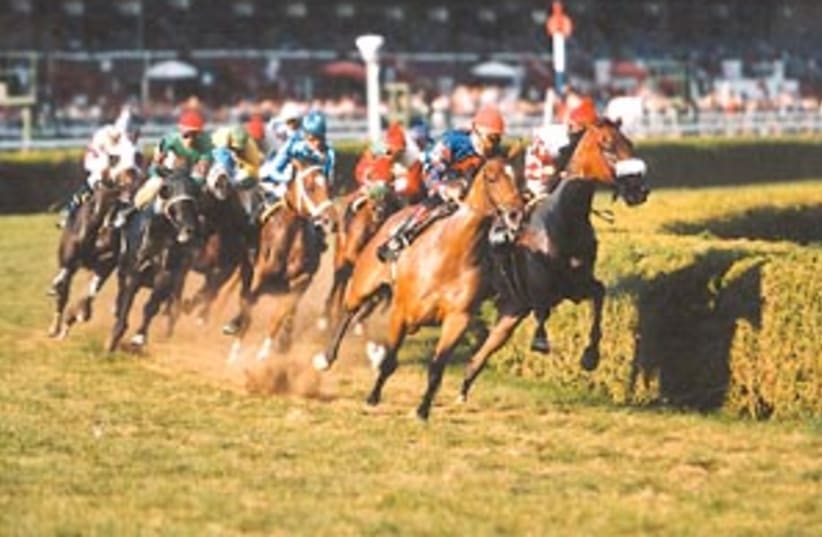| More about: | George Orwell, Arab citizens of Israel, Negev, Knesset |
Legalized racing: The yeas and neighs
Will the sport of kings win, place or show in Israel? It's anyone's bet.


| More about: | George Orwell, Arab citizens of Israel, Negev, Knesset |